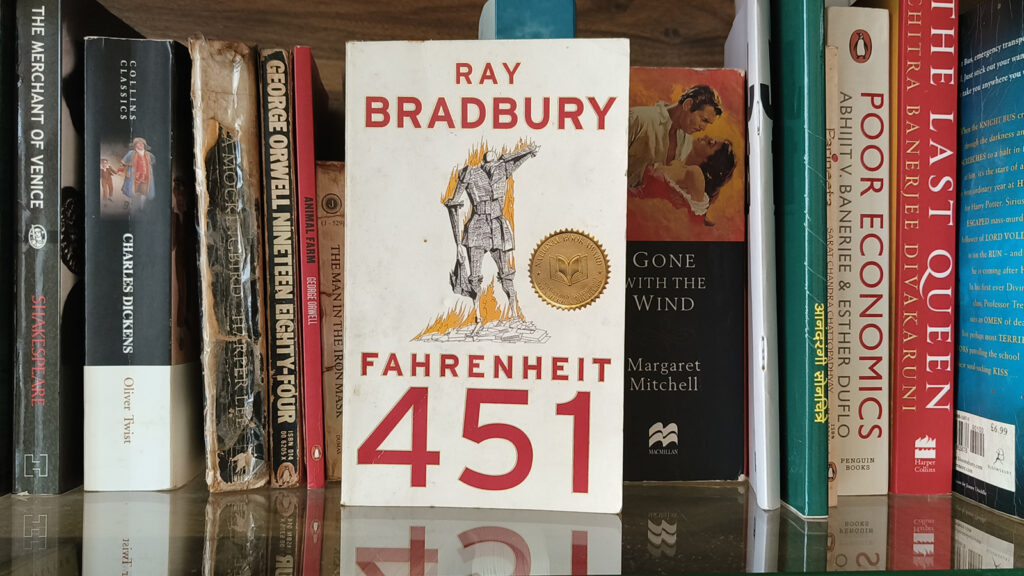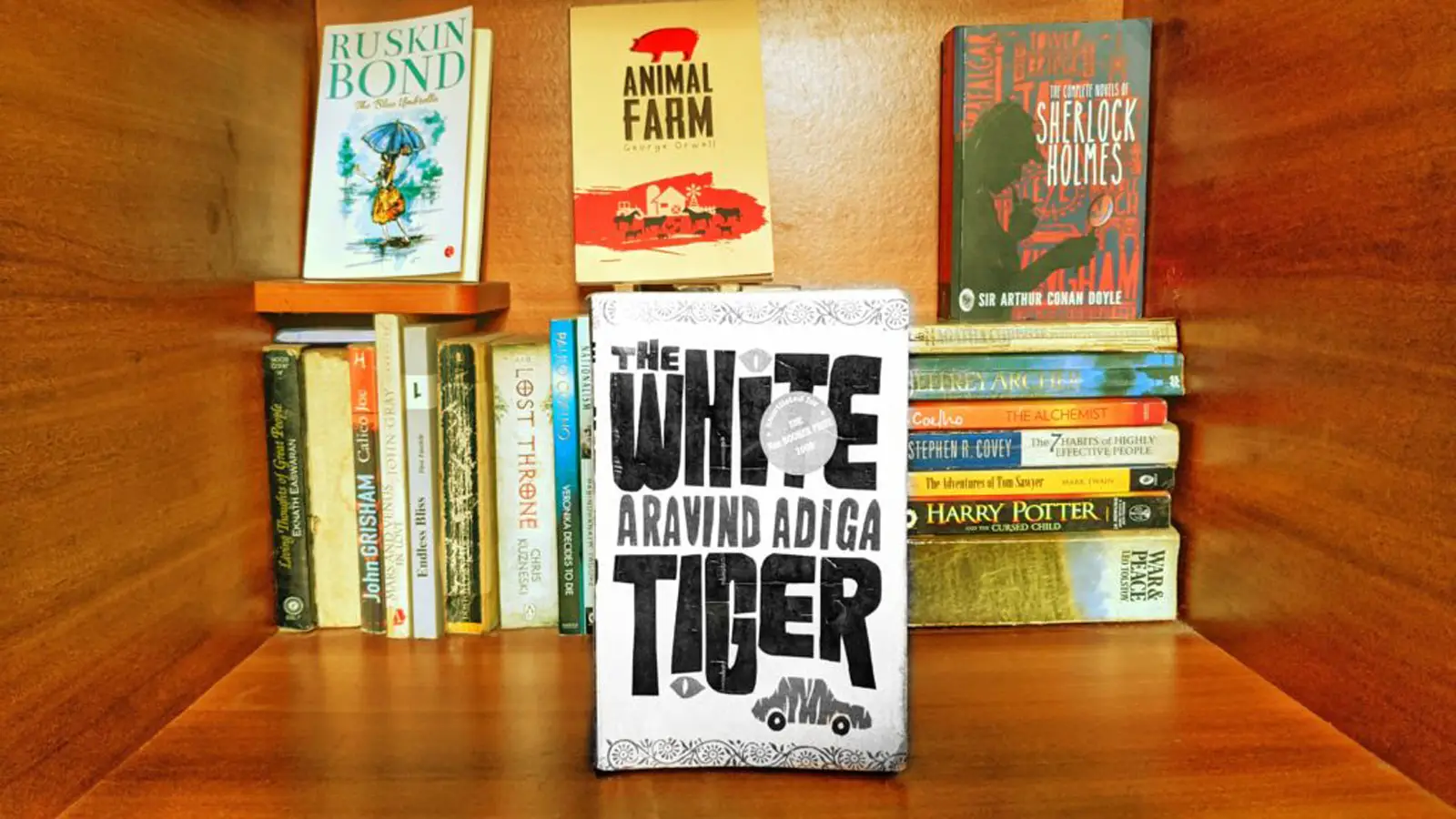Ancient Literature & Oral Traditions of India
I’ve often pondered why our ancestors left little physical evidence of the great literature they composed – the Vedas, Upanishads, Mahabharata, Ramayana and even Panchatantra. Most of these were transmitted by speech, passed down through generations via oral traditions. Only a select few were ever recorded in written format, a privilege reserved for those who could read or write.
In contrast, it seemed that the rest of the world documented everything on clay tablets, stone, paper, or papyrus. Our ancestors appeared to place less value on written scripts, preferring to compose and convey through sound and speech. At face value, it might seem that our forefathers were either ignorant (which they certainly were not, considering the profound wisdom contained in the works) or lazy (which would be far-fetched) to rely mostly on the listeners’ memory and capacity to retell the story.
Written Script in Ancient India
To be fair, the invention of written script was already established in ancient India but was primarily used for inscriptions and record-keeping. Only a small portion of the literature was documented in written format.And though some of the literature was captured in written form, the intellectual tradition heavily relied on oral transmission for conveying stories and philosophies. It was much later that they began to transcribe these works into text.
What remained in circulation was the basic form of storytelling through speech and sound.
This whole phenomenon was inexplicable to me. Why wouldn’t our brilliant, intelligent, and industrious ancestors put everything into text?
“Fahrenheit 451″ by Ray Bradbury
It was only after reading “Fahrenheit 451″ by Ray Bradbury that I could truly appreciate the brilliance of our ancestors’ methods. The novel delves into a dystopian society in the United States where the state controls what people should think and do. The protagonist, Guy Montag, is a book burner. There’s an entire state machinery dedicated to burning books, even going as far as burning down houses of defiant or passionate book lovers.
Unaware of the value books offer, Guy Montag takes pleasure in burning them, reveling in the act alongside his colleagues. He returns home to his wife, who is invested and wasted in watching sordid dramas on state TV, unable to think beyond it and addicted to it . Written in 1959, this tale still resonates in these contemporary times, where much of the populace is lost in the pleasures of social media, unaware of the intellectual and emotional stimulation reading provides.
The compelling novel tells the story of Guy Montag and how he discovers the pleasure of reading through unintended interactions with a defiant teenager, his neighbor. Montag ultimately becomes an outlaw himself, hiding and reading a book, fleeing from the state. Despite his attempts to evoke emotions in the ladies ‘numbed by watching TV sagas’, he fails to convince his wife or anyone else of the importance of books leading a life full of emotions and ultimately has to run to save his life.
The Wisdom in Preserving Knowledge Through Oral Tradition
What makes this dystopian setting hopeful in the end is when Guy Montag meets a group of people who have become books themselves. Each member memorizes a book, becoming a medium to pass on knowledge in the belief that you can burn a book, you can never burn a memory.
It’s this turn of events in the book that gave me insight into the brilliance of oral tradition in the Indian system.
The heavy reliance on oral tradition ensured that knowledge was not lost even when physical texts were damaged or lost. The guru would instruct his shishya to recite and memorize the knowledge, allowing them to progress once they had mastered it, thus ensuring its survival. This practice also led to the diversity of philosophies and stories, with each generation adding their own details over centuries.Oral traditions are inherently dynamic and adaptable. Stories, epics, and teachings passed down orally could evolve over time as they were retold by different individuals or in different contexts. This flexibility allowed for cultural nuances, local variations, and contemporary relevance to be incorporated into the narratives, ensuring their continued resonance with audiences across generations
As each member added their unique perspective, the most interesting and compelling epics ; the Ramayana and Mahabharata, as well as the Puranas traveled far and wide with multiple and diverse versions.
These carried not just stories but also knowledge, ethics, and morals essential for societal cohesion. These tales were conveyed to the populace through speech and sound, with many educated individuals becoming storytellers, engaging and educating everyone.
Oral Tradition: A System of Survival
This entire system is what shaped India and ensured that knowledge persisted, even when entire libraries were ransacked and burnt by invaders.
The system made knowledge so pervasive that it became impossible for anyone to erase it. To say that the idea of India has survived because of oral traditions would not be an overstatement. The knowledge of the ancients is still conveyed orally in Vedic schools and will continue, never to be lost.
As oral traditions have led to multiple versions of the same stories and have naturally sparked debates in these schools, it has resulted in multiple philosophies on life, morality, God, existence, and spirituality , all coexisting peacefully with each other. This has made Indian society vibrant , tolerant and open; yet resilient to multiple attacks by invaders over millennia.
The Lasting Impact of Oral Tradition on Indian Society
Simultaneously, with a knowledge system so defined yet open to views and opinions, Indian society has survived, evolved, and continues to do so.
We are the only society in the world that still has its feet firmly embedded in the era of oral traditions, with wings ready to take on the contemporary world of modern life and modern knowledge. We can take pride in our connection with ancient Indian wisdom while embracing modern logic and thought.We celebrate our festivals with as much revelry as we look forward to Valentine’s and Mother’s Day.
“Die empty” appears to be the lost mantra of the ancients, a principle we can still uphold by sharing knowledge that we hold as a person, with society through teaching, discussing, debating, and writing before we pass on. This ensures that the tradition continues, echoing the timeless wisdom of our ancestors.
The oral tradition, which may have seemed like a small part of the entire ancient ecosystem, has ensured that not only do we survive, but we thrive as an idea.




